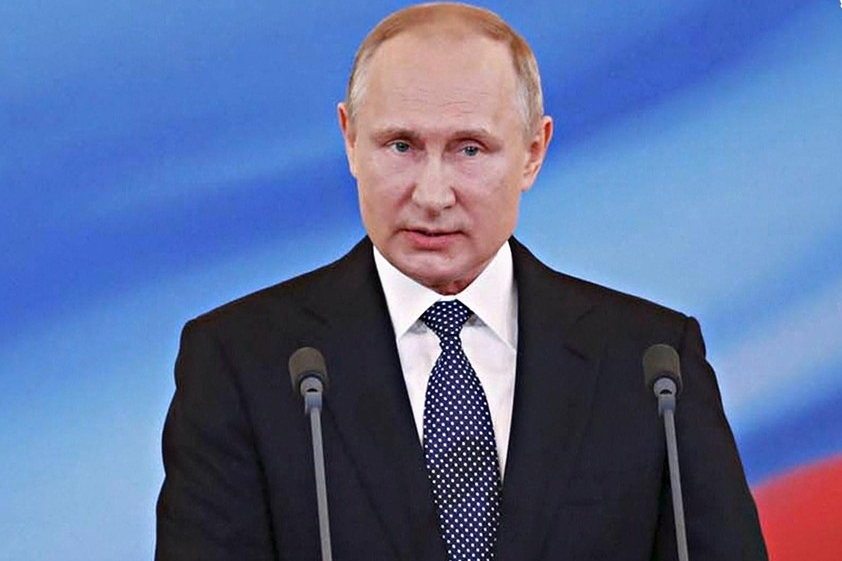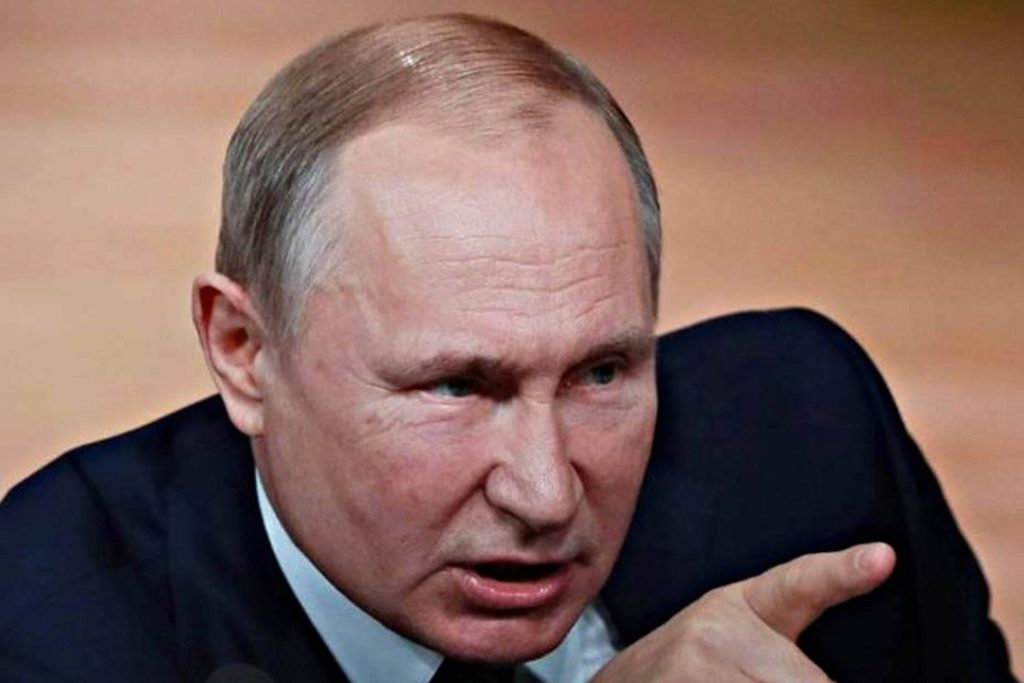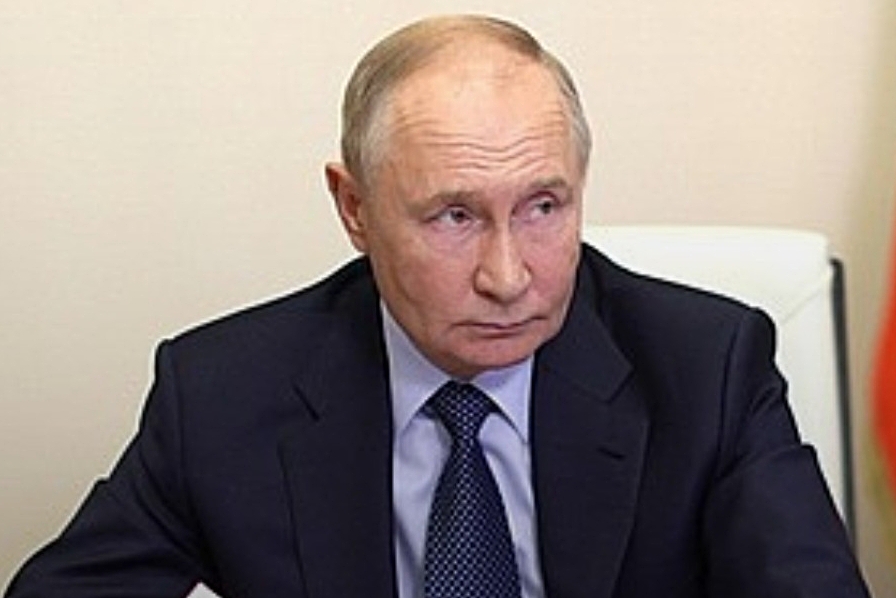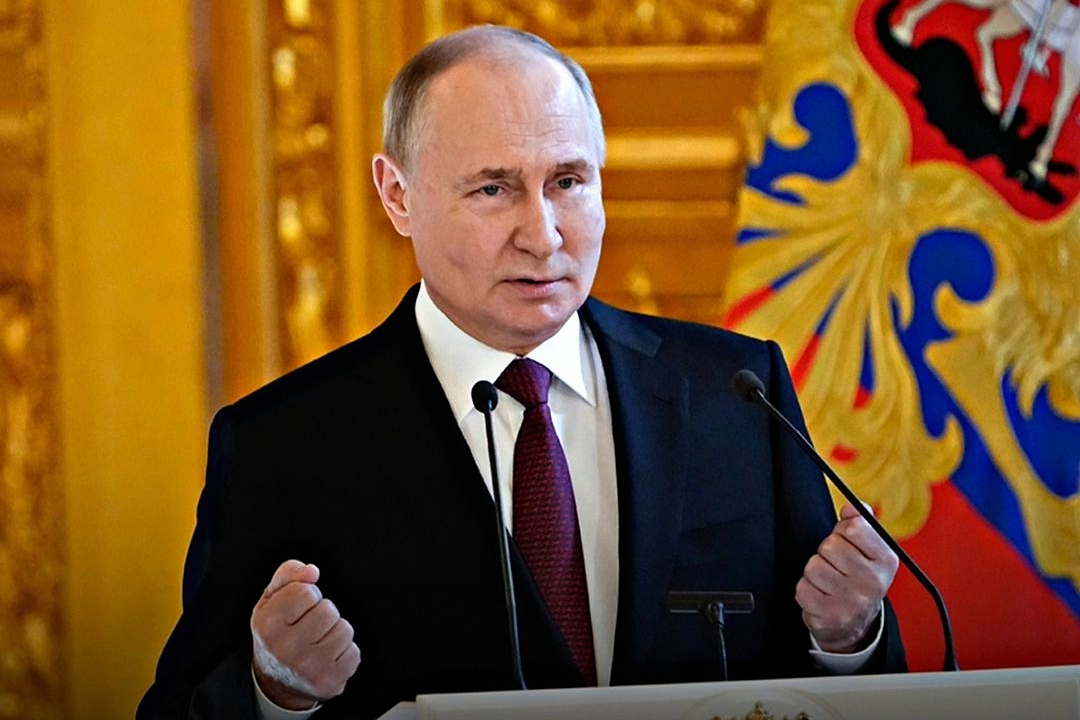Vladimir Putin is one of the most prominent and controversial leaders in modern history. As the President of Russia, his leadership has shaped global geopolitics, influenced Russian domestic policies, and stirred debates about his methods and motives. This detailed Vladimir Putin biography explores his life journey, from humble beginnings to becoming one of the most influential figures in global politics.
Early Life and Background
Vladimir Vladimirovich Putin was born on October 7, 1952, in Leningrad, now known as Saint Petersburg, Russia. His childhood and early years were marked by resilience, determination, and an inclination toward discipline, traits that would define his future leadership.
Family and Childhood
- Putin was the youngest of three children, though his two older brothers died young.
- His father, Vladimir Spiridonovich Putin, was a factory foreman and a World War II veteran. His mother, Maria Ivanovna Shelomova, was a factory worker.
- Growing up in a communal apartment in Leningrad, young Vladimir experienced the hardships of post-war Russia, which deeply influenced his worldview.
Education and Early Interests
- Putin showed an early interest in martial arts, particularly judo and sambo, disciplines that instilled a sense of focus and strategy in him.
- Academically, he was an average student but exhibited exceptional drive in subjects that piqued his interest, such as history and languages.
- Putin graduated from Leningrad State University in 1975 with a degree in law. His thesis focused on international law, showcasing his early interest in geopolitics.
KGB Career

A pivotal chapter in the Vladimir Putin biography is his career with the KGB, the Soviet Union’s main security agency. This experience honed his analytical skills, strategic thinking, and understanding of global power dynamics.
1. Recruitment into the KGB
- After graduating, Putin joined the KGB in 1975 and underwent training at the KGB School No. 1 in Moscow.
- Fluent in German, he was stationed in Dresden, East Germany, in the 1980s, where he operated as a mid-level intelligence officer.
2. Role in East Germany
- Putin’s work in East Germany involved gathering intelligence and fostering Soviet influence during the Cold War.
- His tenure ended when the Berlin Wall fell in 1989, marking the decline of Soviet power in Eastern Europe.
3. Return to Russia
- Following the Soviet Union’s dissolution, Putin resigned from the KGB in 1991 with the rank of lieutenant colonel. He then transitioned to a political career in post-Soviet Russia.
Rise in Russian Politics
The Vladimir Putin biography takes a dramatic turn as he enters politics, quickly ascending to positions of power in the volatile landscape of post-Soviet Russia.
1. Early Political Roles
- After leaving the KGB, Putin became an advisor to Anatoly Sobchak, the mayor of Saint Petersburg, where he worked on foreign relations and investments.
- In 1996, Putin moved to Moscow and joined Boris Yeltsin’s administration, holding several key roles, including deputy chief of the Presidential Property Management Department.
2. Appointment as Prime Minister
- In 1999, then-President Boris Yeltsin appointed Putin as Prime Minister, a move that surprised many political observers.
- Later that year, Yeltsin resigned, and Putin became acting president.
Presidency and Leadership

The presidency is the most defining phase of the Vladimir Putin biography, characterized by both acclaim and criticism.
1. First Presidential Term (2000–2004)
- Putin was officially elected president in 2000, inheriting a country plagued by economic instability, corruption, and separatist movements.
- His first term focused on stabilizing Russia’s economy, centralizing power, and addressing the Chechen conflict.
- Under his leadership, Russia experienced significant economic growth, fueled by rising oil prices and structural reforms.
2. Second Presidential Term (2004–2008)
- Putin’s second term solidified his control over Russia’s political and economic systems.
- He implemented policies to strengthen state control over major industries, particularly in the energy sector.
- His administration faced criticism for curbing press freedom and consolidating power by reducing regional autonomy.
3. Premiership and Return to Presidency
- Due to constitutional term limits, Putin served as Prime Minister from 2008 to 2012 while Dmitry Medvedev held the presidency.
- In 2012, Putin returned to the presidency amidst widespread protests against alleged election irregularities.
Domestic Policies and Reforms

One of the central themes of the Vladimir Putin biography is his approach to governing Russia.
1. Economic Policies
- Putin’s leadership is credited with stabilizing Russia’s economy after the chaotic 1990s.
- He prioritized energy exports, transforming Russia into one of the world’s leading oil and gas producers.
- Critics argue that his policies have fostered crony capitalism, with wealth concentrated among a small elite.
2. Social Policies
- Putin has positioned himself as a defender of traditional Russian values, aligning with the Russian Orthodox Church.
- His administration has faced criticism for its stance on LGBTQ+ rights, freedom of speech, and political dissent.
Foreign Policy and Geopolitics
The Vladimir Putin biography cannot be complete without examining his impact on global geopolitics.
1. Relations with the West
- Putin’s tenure has been marked by strained relations with Western nations, particularly the United States and the European Union.
- Key points of contention include NATO expansion, the annexation of Crimea in 2014, and alleged interference in foreign elections.
2. Strengthening Russia’s Influence
- Putin has sought to restore Russia’s status as a global superpower by asserting influence in the Middle East, Africa, and Asia.
- Military interventions in Syria and Ukraine have showcased Russia’s willingness to challenge Western dominance.
Controversies and Criticisms
The Vladimir Putin biography is also marked by numerous controversies that have shaped his global image.
1. Allegations of Authoritarianism
- Putin’s critics accuse him of consolidating power through constitutional amendments, crackdowns on opposition, and curbing media freedom.
- High-profile opponents, such as Alexei Navalny, have faced imprisonment or exile.
2. Accusations of Corruption
- Investigative reports have alleged that Putin and his inner circle have amassed vast wealth through opaque financial networks.
- These allegations have fueled protests and international scrutiny.
Personal Life
While much of the Vladimir Putin biography focuses on his political career, his personal life has also drawn public interest.
1. Family
- Putin married Lyudmila Shkrebneva in 1983, and the couple had two daughters, Maria and Katerina. They divorced in 2013.
- Putin has maintained a private personal life, with little information available about his family and relationships.
2. Interests and Hobbies
- Putin is an avid sports enthusiast, particularly in judo, hockey, and horseback riding.
- He is also known for his love of wildlife and has been photographed engaging in activities like tiger conservation and bird migration projects.
Legacy and Global Impact
The Vladimir Putin biography highlights a leader whose impact extends far beyond Russia.
- Supporters view him as a strong leader who has restored Russia’s pride and global standing.
- Critics argue that his policies have undermined democratic institutions and fueled international tensions.
Conclusion: A Complex Legacy
The Vladimir Putin biography encapsulates the story of a leader who has shaped the course of 21st-century geopolitics. From his early days in Leningrad to becoming one of the world’s most powerful figures, Putin’s journey reflects his resilience, strategic thinking, and ability to wield power effectively.
Whether admired or criticized, Vladimir Putin remains a pivotal figure whose influence will be studied and debated for generations to come. His story is a reminder of the complexities of leadership and the enduring impact of personal ambition on global affairs.

